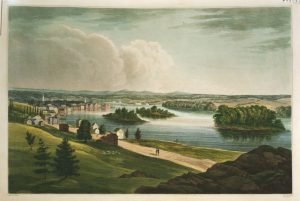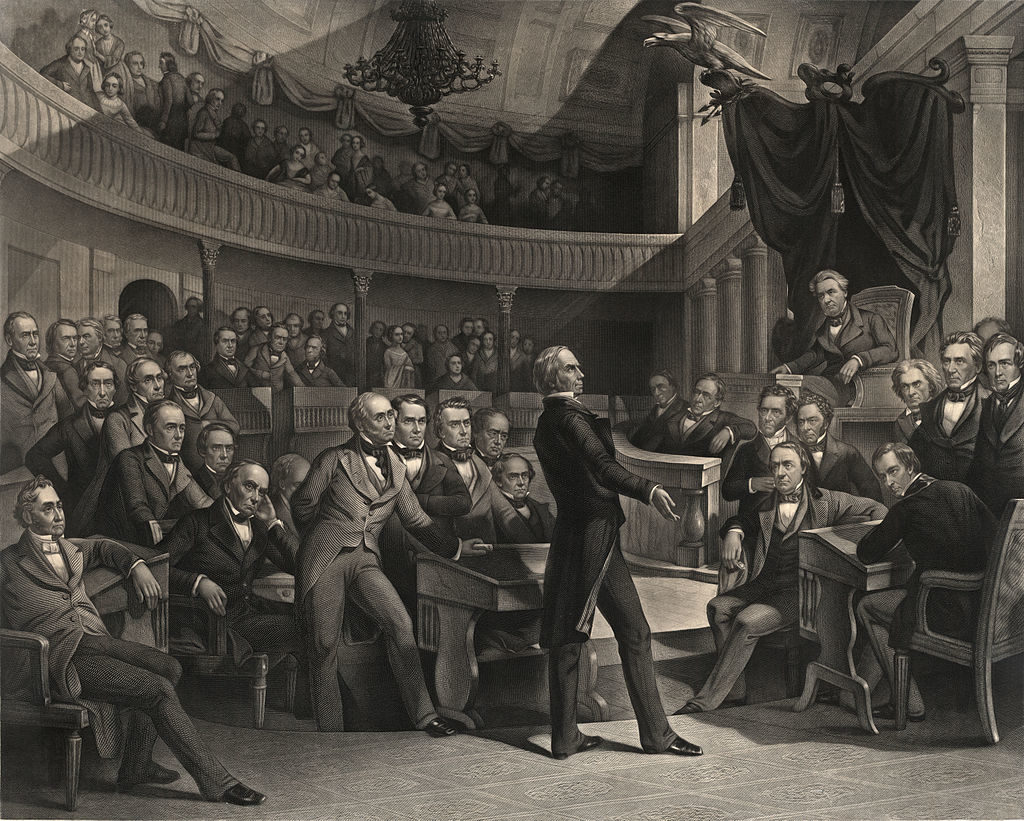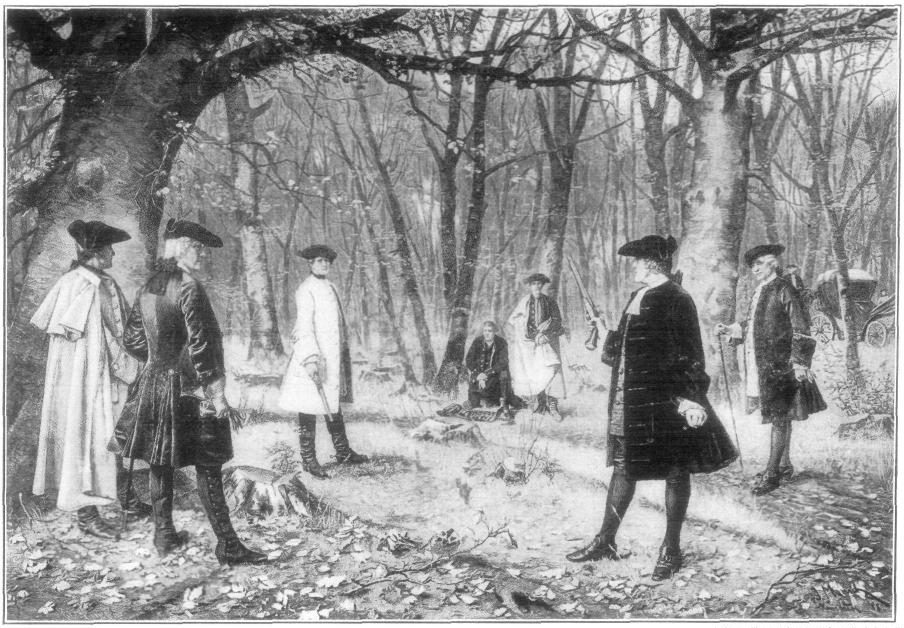Henry Clay attempted to render compromise a political virtue. In a time of weak parties, sectional strife, and agitation from abroad, Clay understood that the Speaker of The House needed to appeal to Republicans and Federalists alike if he wished to unify coalitions and pass substantive policy to affirm American independence, facilitate self-government, and urge […]
LATEST ARTICLES
Why Honor Matters
Why Won’t Free Speech Save Us?
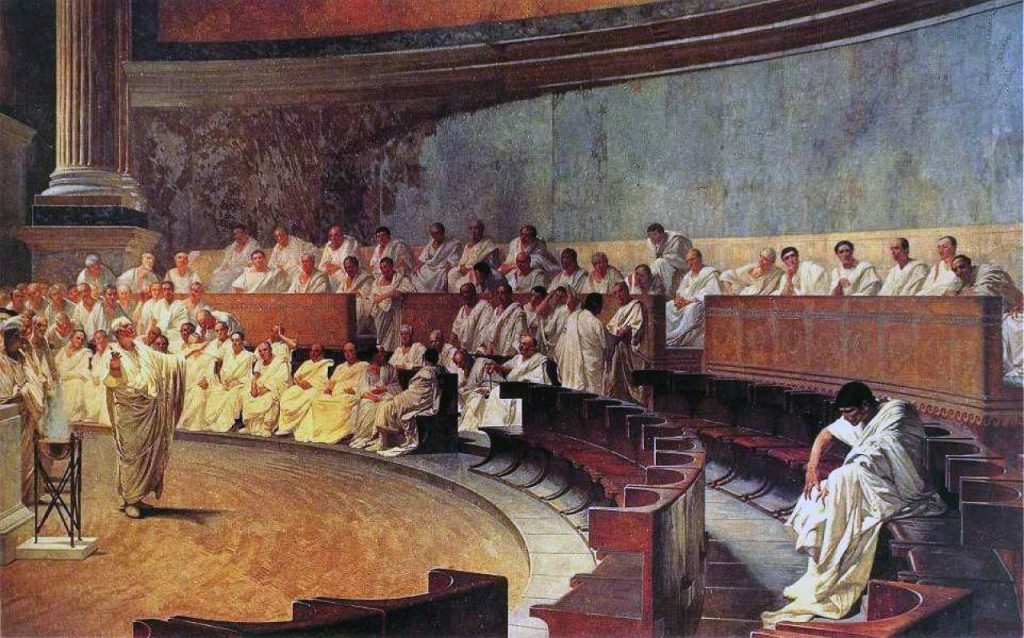
Ross Douthat wrote a May 27 column for The New York Times provocatively titled, Free Speech Will Not Save Us. The columnist was casting doubt on the argument that the best way to cure political polarization is with renewed respect for the right of people to speak. Douthat is correct that the right of free […]
Natural Rights in America Today, with a Defense of the Founders on Natural Law: Reply to Seagrave
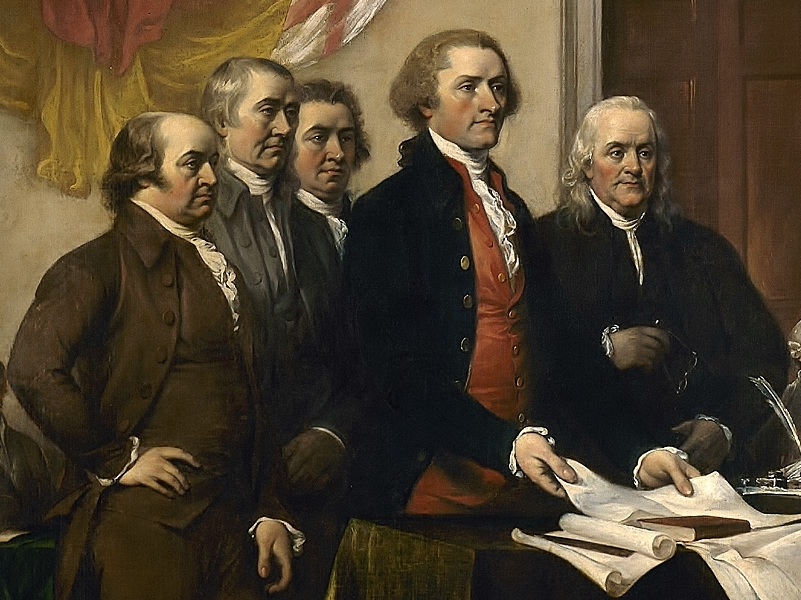
Adam Seagrave’s review of my Political Theory of the American Founding contains both praise and criticism. I will respond here to four of his most important concerns. DID THE NATURAL RIGHTS THEORY OUTGROW THE FOUNDERS? I discuss this point first because it suggests that Seagrave and I perhaps disagree not only about the fate of […]
Author Meets Critics: Thomas G. West’s The Political Theory of the American Founding

The great contribution of West’s book is to bolster the argument that the founders are a formidable group, not only in their political prudence but also in their claim to genuine moral and political wisdom. Tom West’s new book The Political Theory of the American Founding is a very good book and a very ambitious […]
- « Go to Previous Page
- Page 1
- Interim pages omitted …
- Page 37
- Page 38
- Page 39
- Page 40
- Page 41
- Interim pages omitted …
- Page 54
- Go to Next Page »

